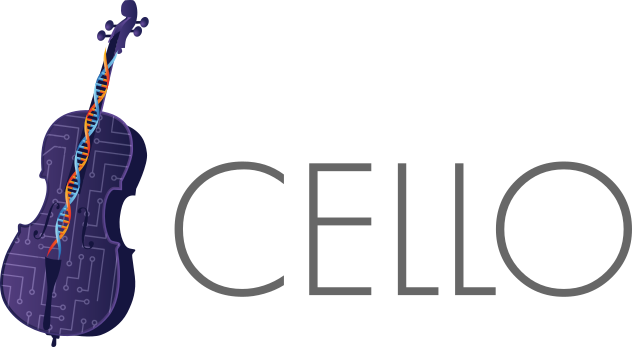Cello – a Language That Programs Cells
Cello is a new coding language that’s quite similar to a software programming language and provides researchers with new tools, allowing for creation of biological logical schemes, which function directly inside living cells. Up until now, with the help of such a language, named Cello, scientists have created a few elementary biological chains. Later on, however, more complicated schemes and chains are going to be developed. They will enable microorganisms to diagnose diseases and then independently reproduce the necessary therapeutic agents. After the microorganisms’ task is complete, they will self-destruct.
Such technologies may come useful not only for healthcare, but for different other areas, including agriculture. Plantations of agricultural crops may be treated with programmed bacteria, which would generate insecticides in case of pests’ detection.
“When programming bacteria, one uses textual programming language in the same way one does it while programming a computer or a microcontroller”, reports Christopher Voigt, Professor of the Massachusetts Institute of Technology. “Text of the initial program is transformed into DNA sequence, which is synthesized by any available means and is inserted into a living cell”
With the help of Cello language, Christopher Voigt and his colleges from Boston University and the National Institute of Standards and Technology created several biological logical chains, which transform bacteria into level sensors of light, temperature, acidity, oxygen concentration and other parameters of the environment. Moreover, scientists have already created the world’s largest biological logical scheme, which contains seven basic logical elements and a succession of 12 thousand DNA bases.
New biological programming language Cello is pioneering, nonetheless it has great chances to become the de-facto standard in the field of biological schemes development. Due to its existence, new biological schemes may be created at a rapid pace, which thus will speed up verification procedures of their efficiency. Among the other advantages of the Cello language is that Professor Christopher Voigt’s team is going to make it available to anybody, who need such instruments.

